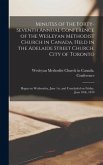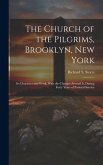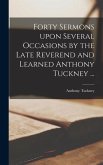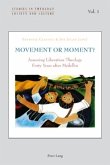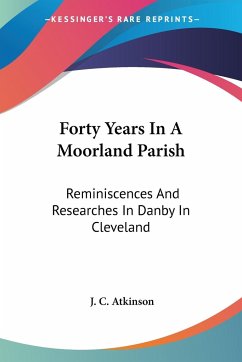A Participant/Observer's View of Our History SWM/SIS at Forty commemorates the 40-year legacy of Fuller Theological Seminary's School of World Mission, later renamed the School of Intercultural Studies. This volume reflects on the school's profound impact on global missions and missiological education. Through contributions from former faculty, students, and mission leaders, the book traces the school's origins, theological foundations, and academic innovations that shaped the Church's global outreach. It highlights influential figures like Donald McGavran and Charles Kraft, explores shifts in missiological paradigms, and assesses the school's role in contextual theology, church growth, and holistic mission. The essays offer both celebration and critical reflection, considering how the school's legacy continues to shape future generations of missionaries and scholars. More than a retrospective, SWM/SIS at Forty serves as a strategic lens on the evolving task of mission in a rapidly changing world.
Bitte wählen Sie Ihr Anliegen aus.
Rechnungen
Retourenschein anfordern
Bestellstatus
Storno

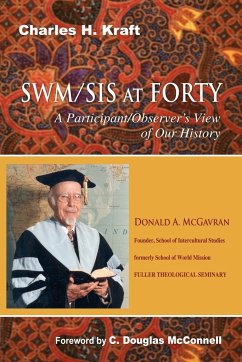
![Forty-seventh Report of the Incorporated Church Society of the Diocese of Quebec, for the Year Ending 31st December 1888 [microform] Forty-seventh Report of the Incorporated Church Society of the Diocese of Quebec, for the Year Ending 31st December 1888 [microform]](https://bilder.buecher.de/produkte/66/66187/66187024m.jpg)
